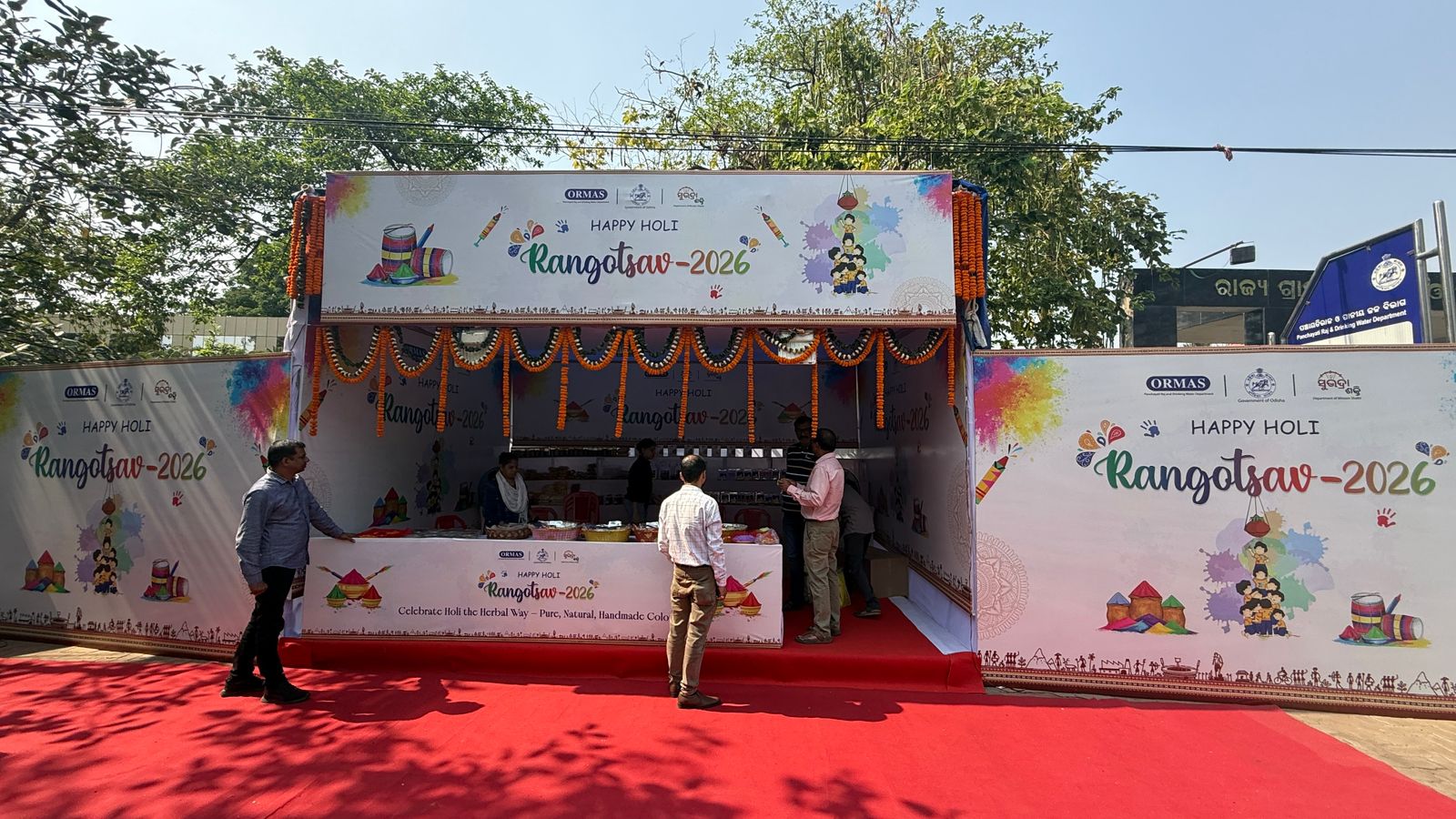Bhubaneswar: The Odisha Government has taken a significant stride in women’s health and hygiene by expanding the successful KHUSI Scheme to KHUSI+. Launched in 2018, the KHUSI Scheme aimed at providing free sanitary napkins to adolescent girls in government schools, and its triumphant implementation has now led to its extension.
The KHUSI+ Scheme goes beyond the initial scope by including the free distribution of belted sanitary napkins for Institutional Delivery and post Medical Termination of Pregnancy (MTP) cases in government facilities across 30 districts in Odisha. This expansion aligns with the government’s commitment to women’s well-being and underscores the success of the KHUSI Scheme.
Owing to the effective implementation of the KHUSI Scheme, Odisha has witnessed a commendable 81.5% of women using hygienic methods of protection during their menstrual period. This figure surpasses the national average of 77.3%, as per the NFHS 5 report. The successful outcomes have prompted the government to enhance the scheme’s reach and impact.
The primary goals of the KHUSI+ Scheme include increasing access to high-quality sanitary napkins, fostering awareness about menstrual hygiene among adolescent girls, and improving personal hygiene in institutional delivery and MTP cases. The overarching aim is to contribute to the reduction of maternal mortality and morbidity in the state.
The Health & Family Welfare Department of the Odisha government is overseeing the implementation of the KHUSI+ Scheme, which falls under the state budget. With an allocated outlay of Rs. 511.93 Crore for the period from 2021-22 to 2025-2026, the scheme is poised to provide free sanitary napkins to 17,83,901 girl students in government and government-aided schools, along with catering to institutional delivery and MTP cases in government health facilities.
The Odisha State Medical Corporation has been designated as the nodal agency for procurement, distribution, and monitoring of the KHUSI+ Scheme. The initiative is anticipated to play a pivotal role in promoting health and hygiene among adolescent girls, contributing to a healthier and more empowered female population in the state.




